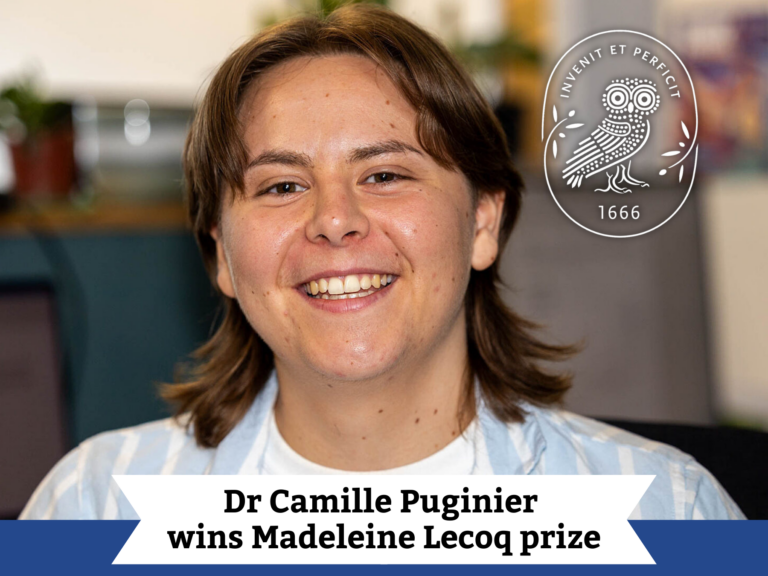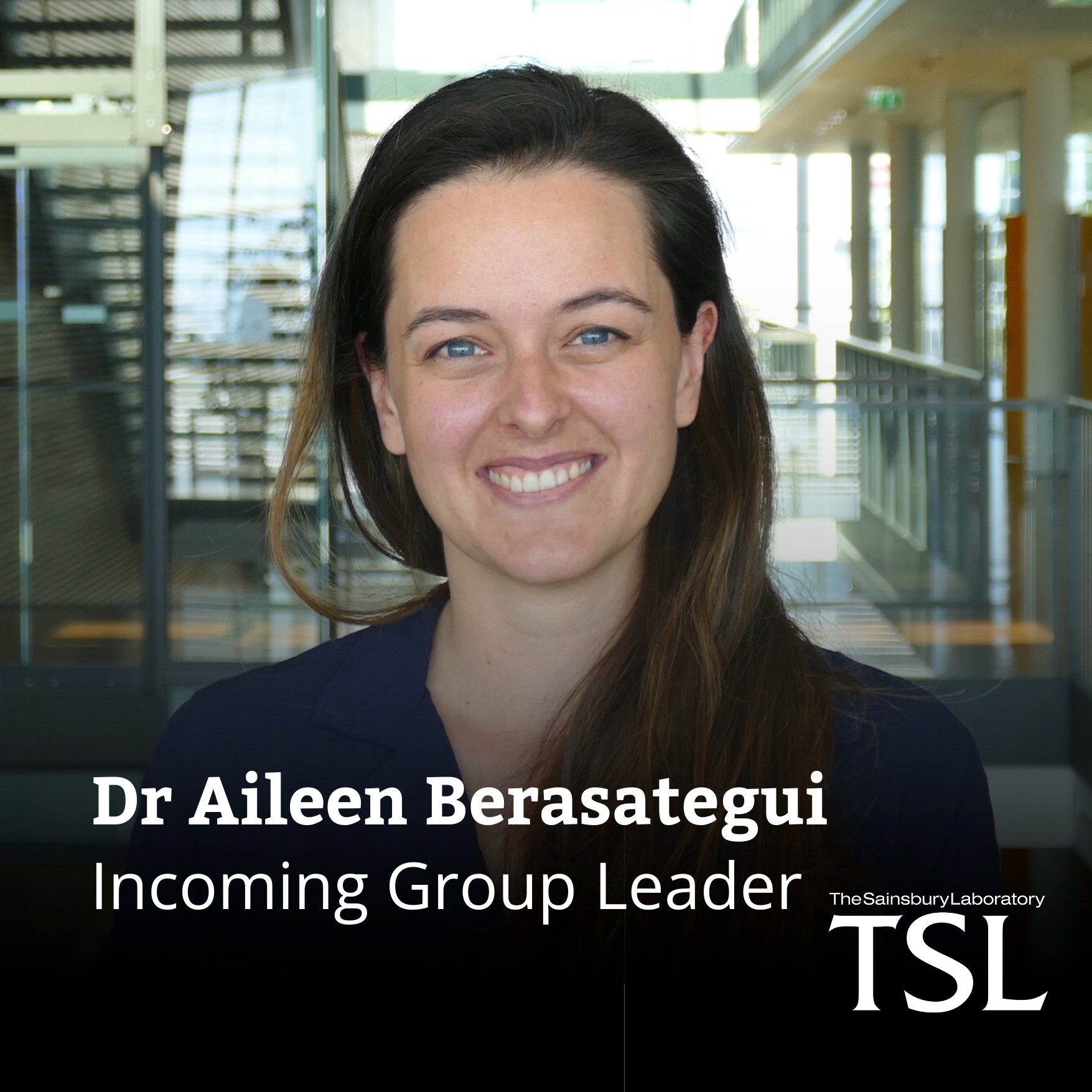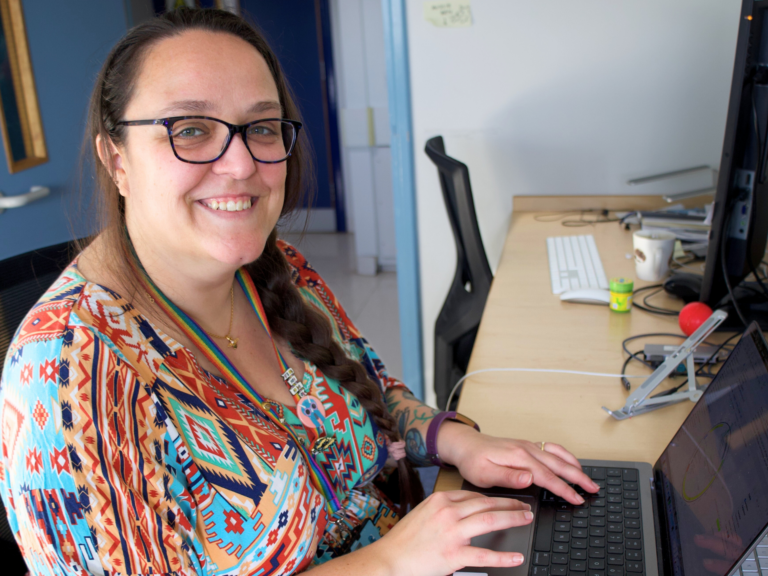World not prepared for next plant health emergency, scientists warn
Scientists at The Sainsbury Laboratory, along with partners at CIAT, the John Innes Centre and elsewhere warn that we are not fully prepared to tackle the rise in new epidemics of plant diseases.
In a paper published in Science, Professor Sophien Kamoun and colleagues are proposing a Global Surveillance System (GSS) that will extend and adapt established biosecurity practices and networking facilities.
TSL Group Leader Kamoun explains; “Outbreaks of crop diseases are increasing at an alarming rate. We need a new way of doing business. The GSS would be a great step forward. I’m thrilled that GSS recognises the importance of open science platforms and networks that are critical to an efficient rapid response to these emergencies.”
As the paper notes; “To satisfy growing demand for food, global agricultural production must increase by 70% by 2050. However, pests and crop diseases put global food supplies at risk. Worldwide, yield losses caused by pests and diseases are estimated to average 21.5% in wheat, 30.0% in rice, 22.6% in maize, 17.2% in potato, and 21.4% in soybean; these crops account for half of the global human calorie intake.
Though many national and regional plant protection organizations (NPPOs and RPPOs) work to monitor and contain crop disease outbreaks, many countries, particularly low-income countries, do not efficiently exchange information, delaying coordinated responses to prevent disease establishment and spread.”
The GSS aims to bring together the more than 180-member nations of the International Plant Protection Convention (IPPC), with a focus on countries that have high risk relative to ability to respond.
The system would prioritise six major food crops – maize, potato, cassava, rice, beans, and wheat – as well as other important food and cash crops that are traded across borders and would focus on tightening networks “active surveillance” and “passive surveillance” personnel who are on the front lines of disease outbreaks. Active surveillance consists of labs at agriculture inspection stations, and customs and phytosanitary inspectors at borders and ports of entry. Despite their formal infrastructure, currently only an estimated 2-6% of cargo can be effectively screened.
The second group includes loose networks of farmers, extension workers with national agricultural organisations, scientists and agronomists at research centers and universities, and specialists in agriculture industries.
The GSS would tap into cutting-edge technology for rapid disease diagnostics and take advantage of communications networks, including social media, to rapidly share information.
“A lot of collaboration and discussion is needed to improve existing systems so we can avoid outbreaks that could negatively impact food security and trade” notes Mónica Carvajal, a researcher at the International Center for Tropical Agriculture (CIAT) and lead author.
- The full paper ‘A global surveillance system for crop diseases’ is published in Science
The Sainsbury Laboratory has consistently advocated for open science approaches to diagnose and mitigate new crop diseases. In a recent perspective article authored by Kamoun, TSL Director Nick Talbot and their collaborator Professor Tofazzal Islam published in PLOS Biology earlier this month, they discuss their experience in addressing the 2016 wheat blast outbreak in Bangladesh.
They stress the importance of immediate data sharing and the communication of accurate information to the general public, farmers, and political leaders.
Nick Talbot said; “It is vital that we are able to respond rapidly to plant health emergencies. However, as the paper argues, this isn’t enough.
An active global surveillance system would allow us to anticipate disease problems before we are faced with epidemics, and the extra time and international co-operation, will allow a much more effective response to be mounted, preventing the most severe disease outbreaks.
This work has real humanitarian significance and is one of our future goals at TSL.”
The authors acknowledge support from the Rockefeller Foundation, Gatsby charitable Foundation, BBSRC, BASF Plant Science, GIZ and thank Adriana G. Moreira from the IPPC Secretariat and FAO/UN.


